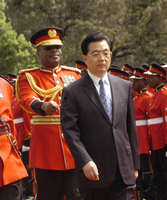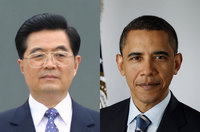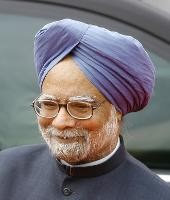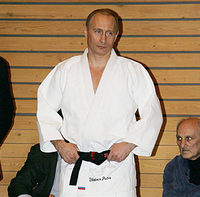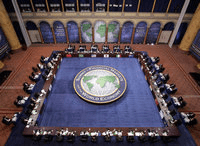
When the global financial contagion kicked in last fall, the blogosphere was quick to predict that a sharp uptick in global instability would soon follow. While we’re not out of the woods yet, it’s interesting to note just how little instability — and not yet a single war — has actually resulted from the worst global economic downturn since the Great Depression. Run a Google search for “global instability” and you’ll get 23 million hits. But when it comes to actual conflicts, the world is humming along at a level that reflects the steady decline in wars — by 60 […]

